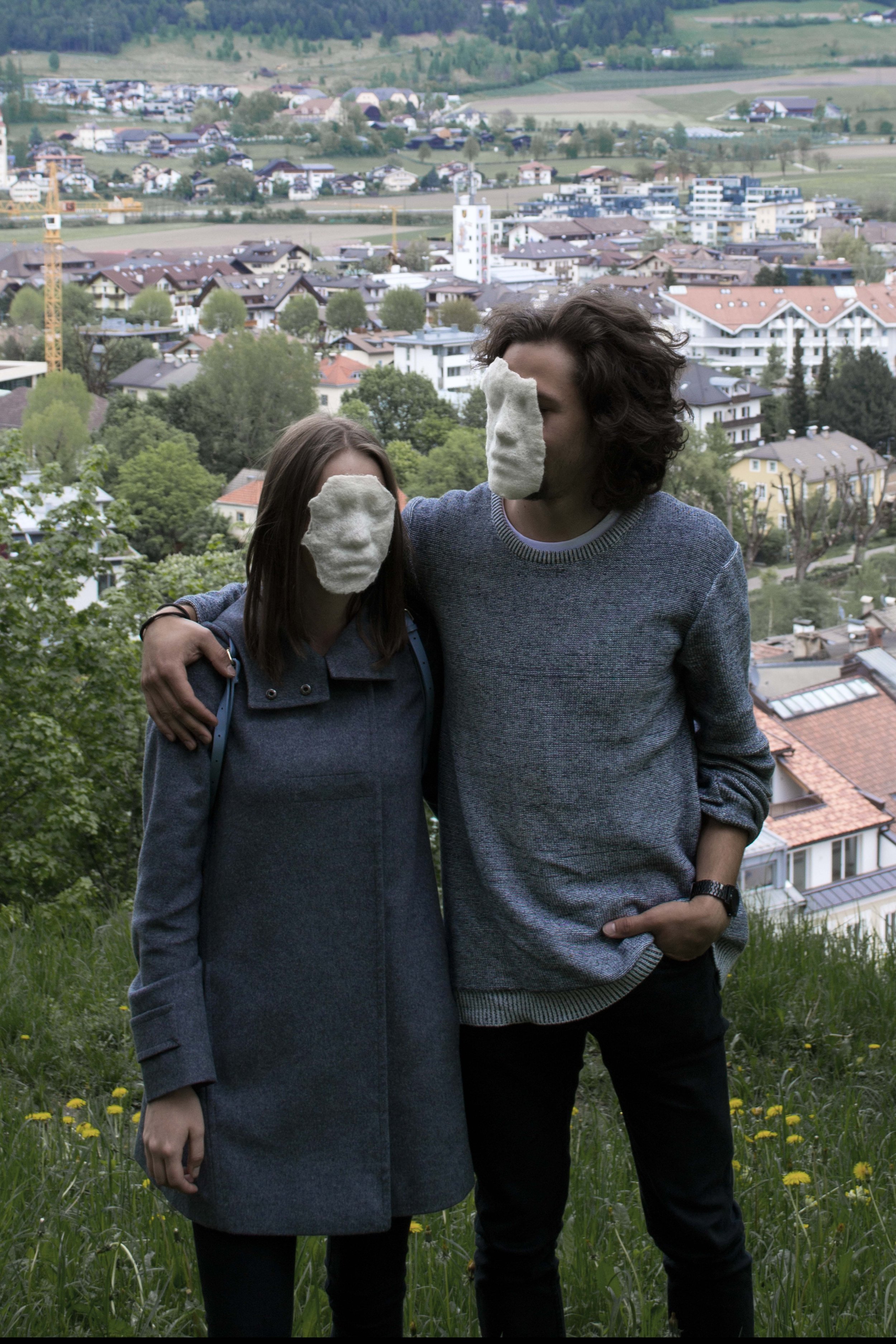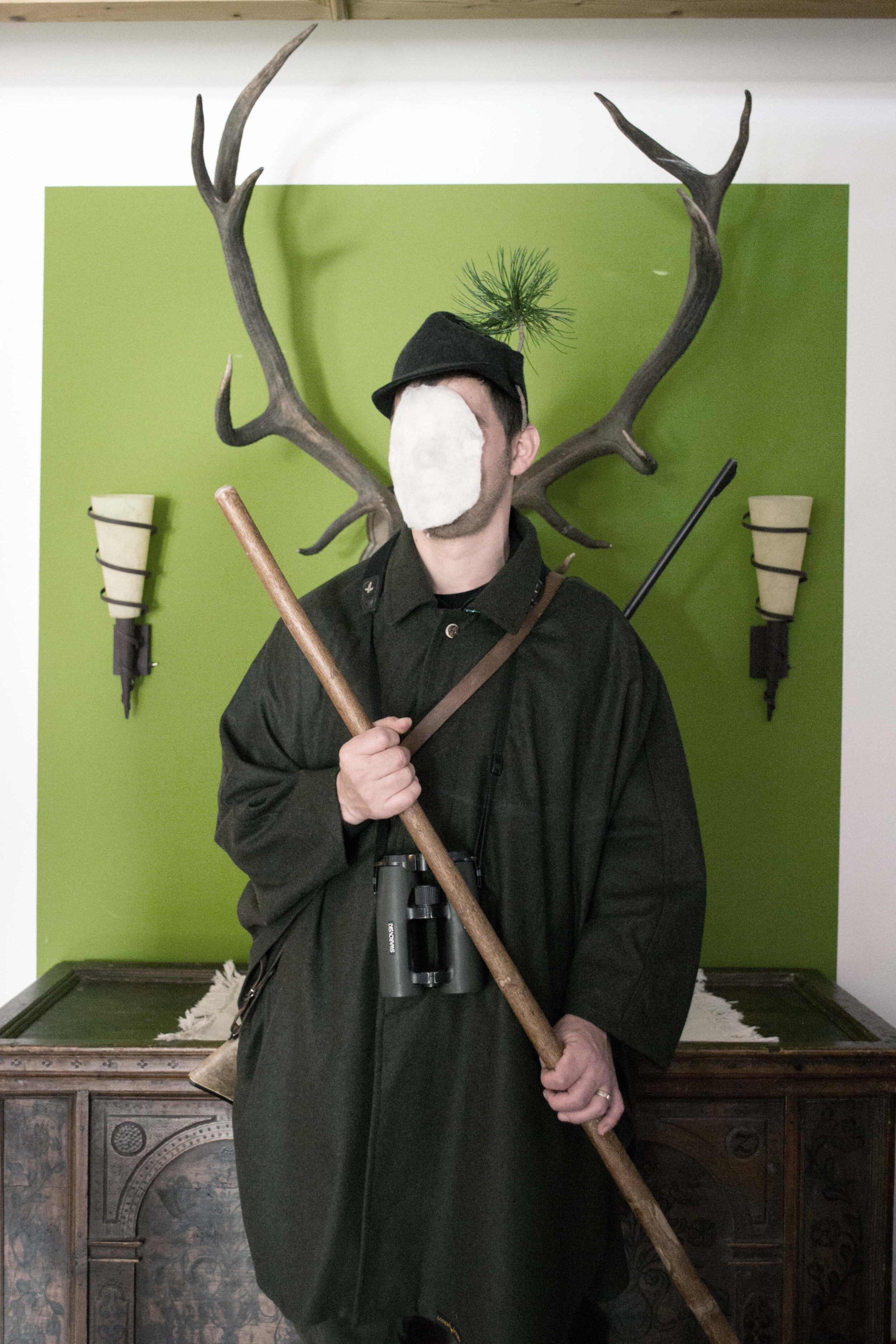Global Society
In urban areas, modern social development is increasingly dependent on international communication and cooperation, as are changes in cultural and traditional values. The original Kazakh culture, whose deep meaning encompassed all areas of life, is no longer in line with the values of modern Kazakhstan.
As the artist explains: “In Central Asia we have the concept of mankurtism, which describes the loss of the national roots, traditional values and culture. Previously it referred to slaves, called Mankurts, who completely lost the memory of their past lives by undergoing a special, torture-like treatment. Today, we use this term to describe people who have, consciously or unconsciously, adopted other cultural values. This loss of memory concerns the manners, the morals and even the language, which are being replaced by other values. One of the causes of this phenomenon in our time is globalization.
Modern life in Kazakhstan with its new sets of values has become so natural, that it seems almost impossible to connect with the ancient nomadic traditions. Perhaps it would also be not suitable anymore. Now, since we are no longer nomads, I would like to know, what should we keep and what should we give up, as a new generation? What do we need to keep in mind in this present process of change? Considering and reflecting upon all this, one wonders whether it makes any sense at all to deal with this issue, or if it would better to simply live in the flow of these events without thinking about them?”
“She uses felt to create a white mask that people will simply hold over their faces in a series of twenty photographs. By this gesture, the artist hides and erases the identity of her models and they become anonymous. But their environment is still visible. A table, frames hanging on the wall, objects, wallpaper, buildings or landscape, all those elements are creating the decor in which the almost anonymous characters are appearing. And one tries to figure out which image was done in Europe, which one in Central Asia. We suddenly understand that the world around us tells more about us than our face and expressions.” Thiabut de Ruyter


















